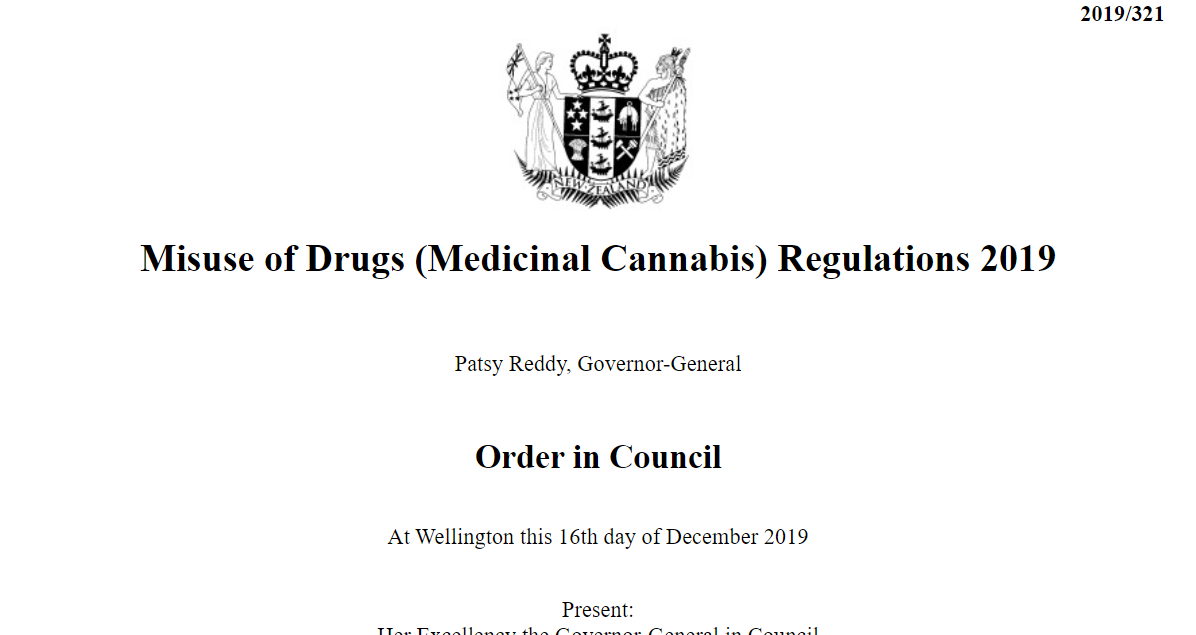
As of today, April 1st 2020, the coalition government has delivered on its promise to legalize medical cannabis, in what seems a long and drawn-out process from a patient perspective. In political timeframes, however, this was a quick turn around for what was undoubtedly a massive piece of work for those drafting the regulations, with the Coalition Government enforcing a strict timeframe to have the regulations consulted on meaningfully and drafted.
During the regulatory drafting phase, 2 main issues were contentiously debated, the first being the product standard, where GMP was preferable by the Ministry, Medical professionals and export-orientated Cannabis companies, against a lower standard matching Canada’s “Good Production Practices” Or GPP, which was the preference of Patient advocacy group MCANZ, due to the faster and lower setup costs involved, which would ultimately lead to cheaper products for patients. The other battleground was prescribing, with initial drafts proposing that medical specialists remain in control of prescribing, which was widely derided by both patients and the prescribing community, particularly GPs, where becoming a GP is a specialty in itself.
Due to the COVID-19 pandemic, the actual impact on day 1 is negligible, with license forms, and guidance documents for various parts of the scheme experiencing minor delays before being made public, an understandable consequence of level 4 lockdown and Ministry staff having more urgent life-critical work to be done.
“We are doing our best to make the documents available as soon as we can, but the Ministry staff involved are working under extraordinary circumstances. We will let you know as soon as the forms and guidance become available“, Said an MOH official from the Medicinal Cannabis Agency in an update to stakeholders yesterday.
A key change in the regulations is that all prescribers can prescribe products for any patient, for any condition, if those products are consented, or meet the new quality standards. This is the loosest implementation that patients and prescribers could hope for in a prescription product regime, and will eventually be a boon for patient choice. Right now, however, this change only applies to Sativex, a relatively expensive product that is consented for MS-related spasticity.

Medleaf Director Courtney Letica
For now, all other existing products will be operating in a transition period of 6 months, in which companies are given the time to have products assessed against the quality standard, or sell out and withdraw those products from the market.
“We hope that towards the end of the transition period, there will be a slew of products from various sources attaining the quality standard, giving patients a wider degree of choice on dosage forms, cannabinoid ratio’s and ultimately, costs.”
“We know cost is a leading issue in NZ, with PHARMAC unable to step in and support patients, and less than a dozen patients receiving funding via ACC. For sickness beneficiaries, the cost of what could be considered an essential medicine is too much, and we hope the costs continue to come down in favour of patients”
Says Medleaf Director Courtney Letica.




